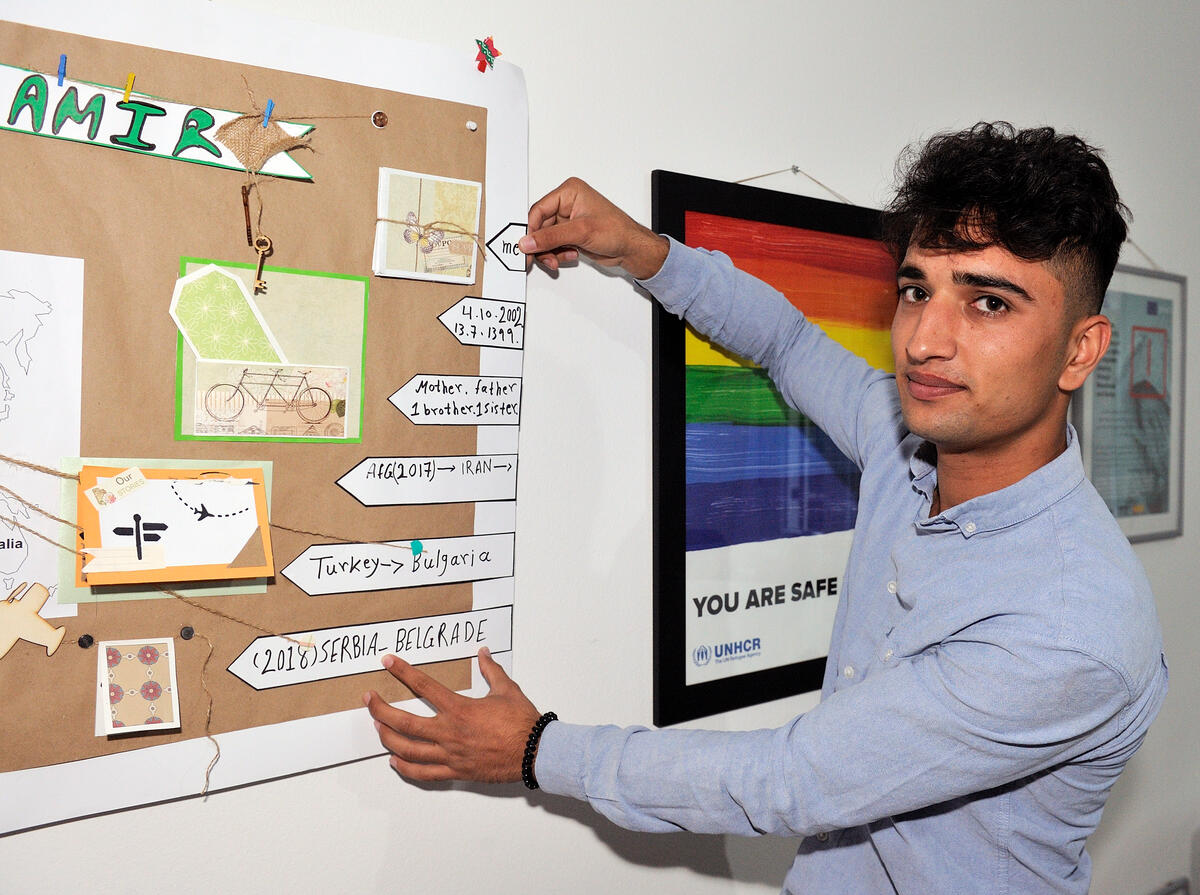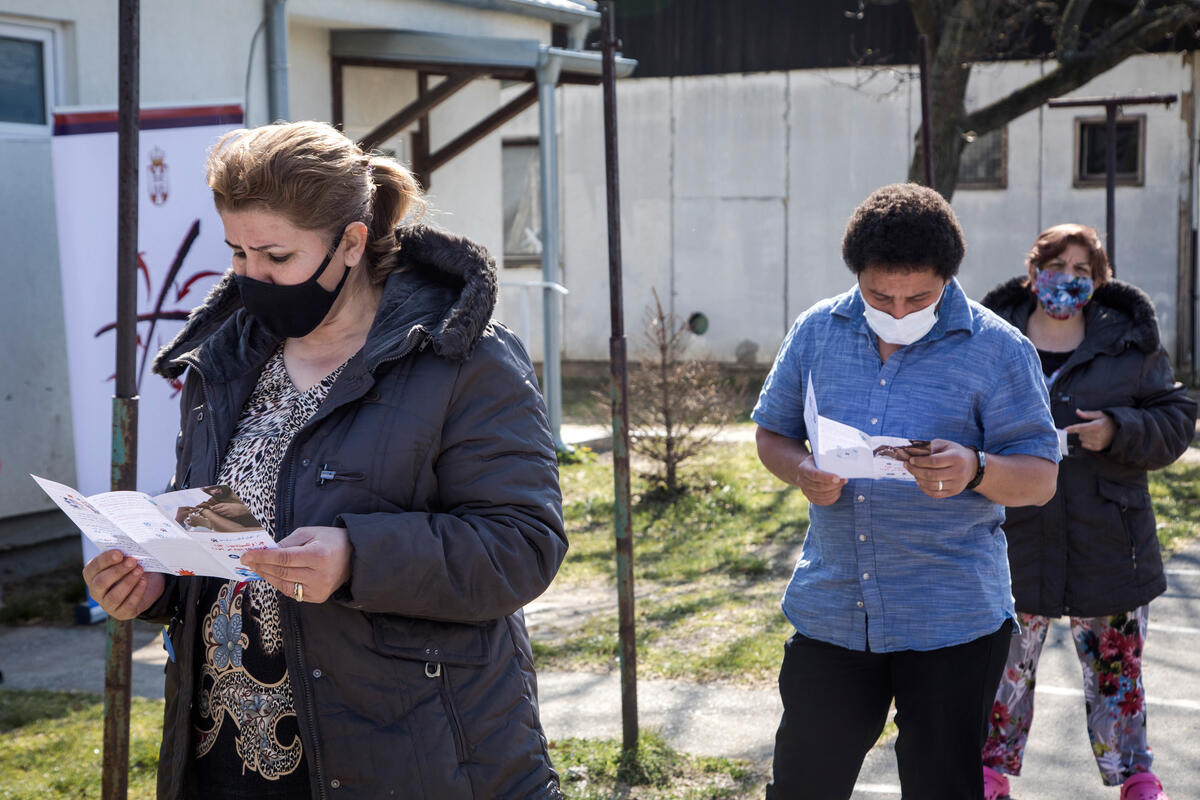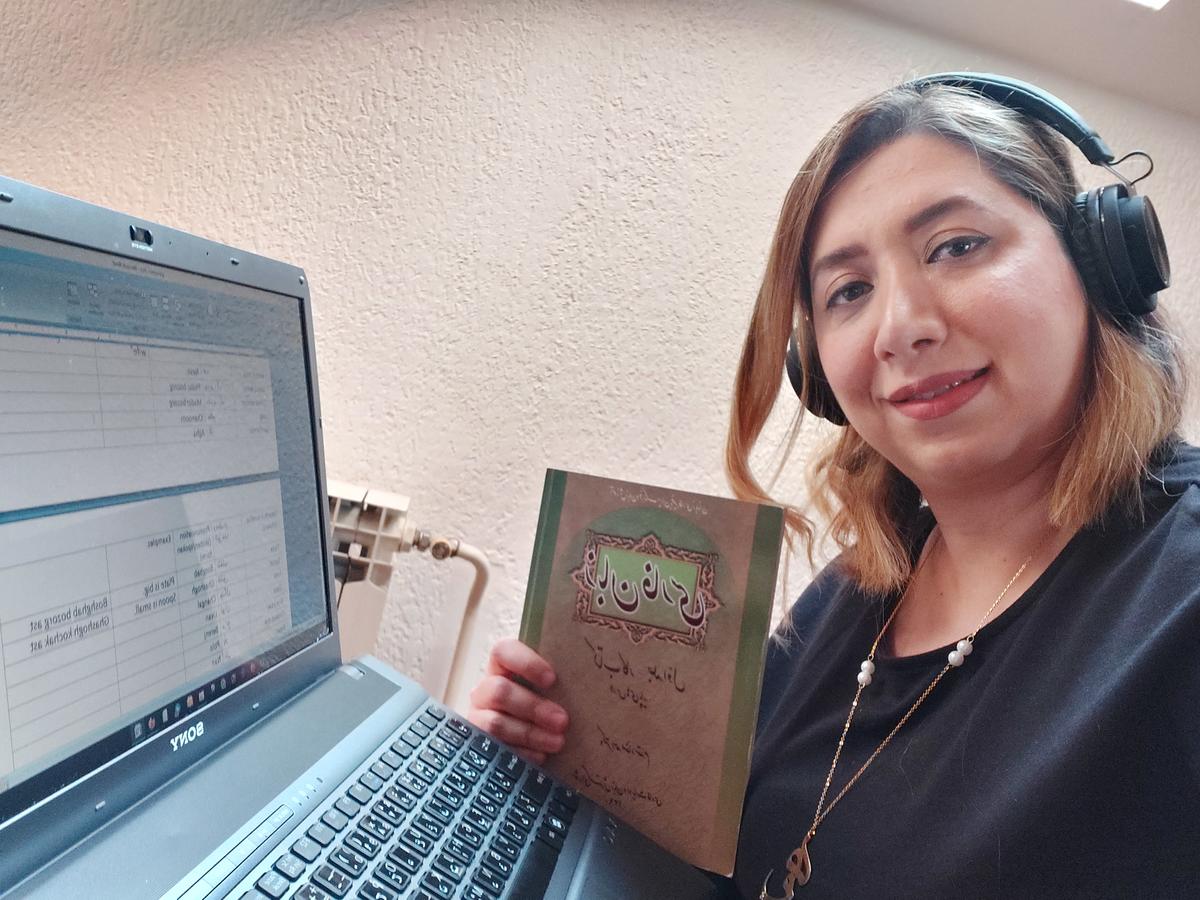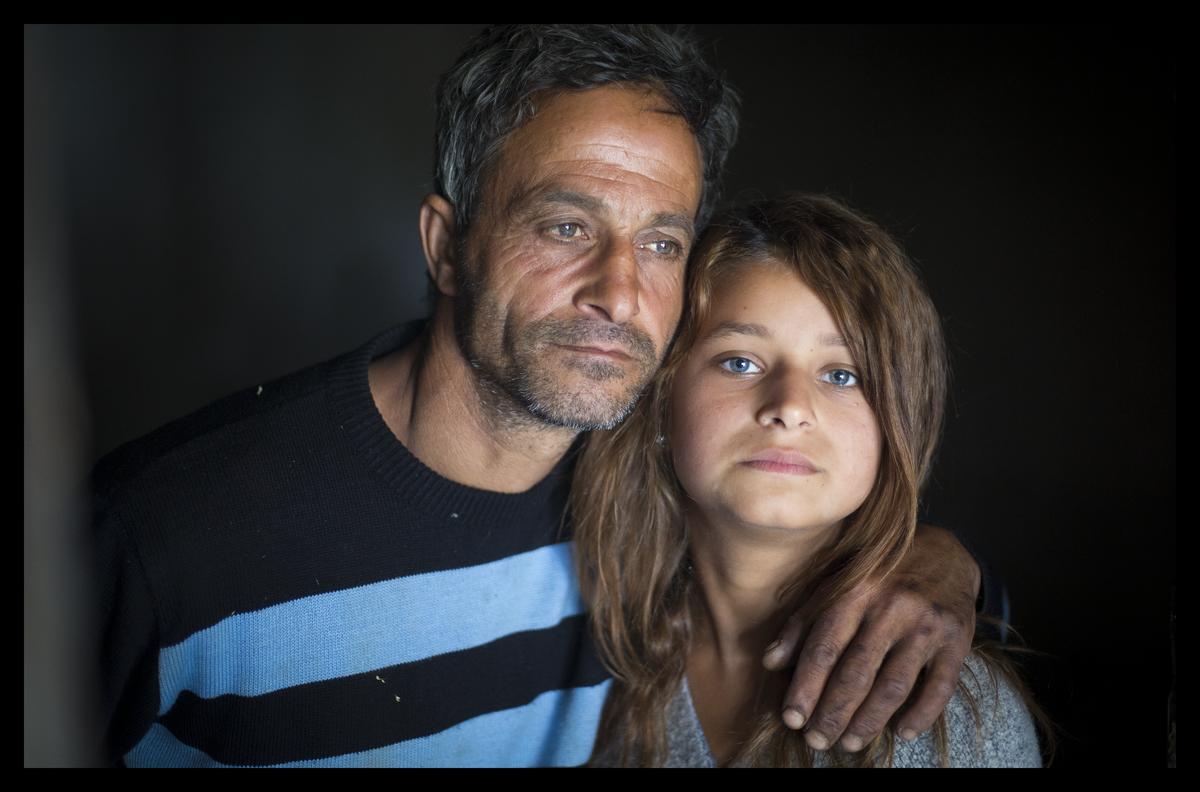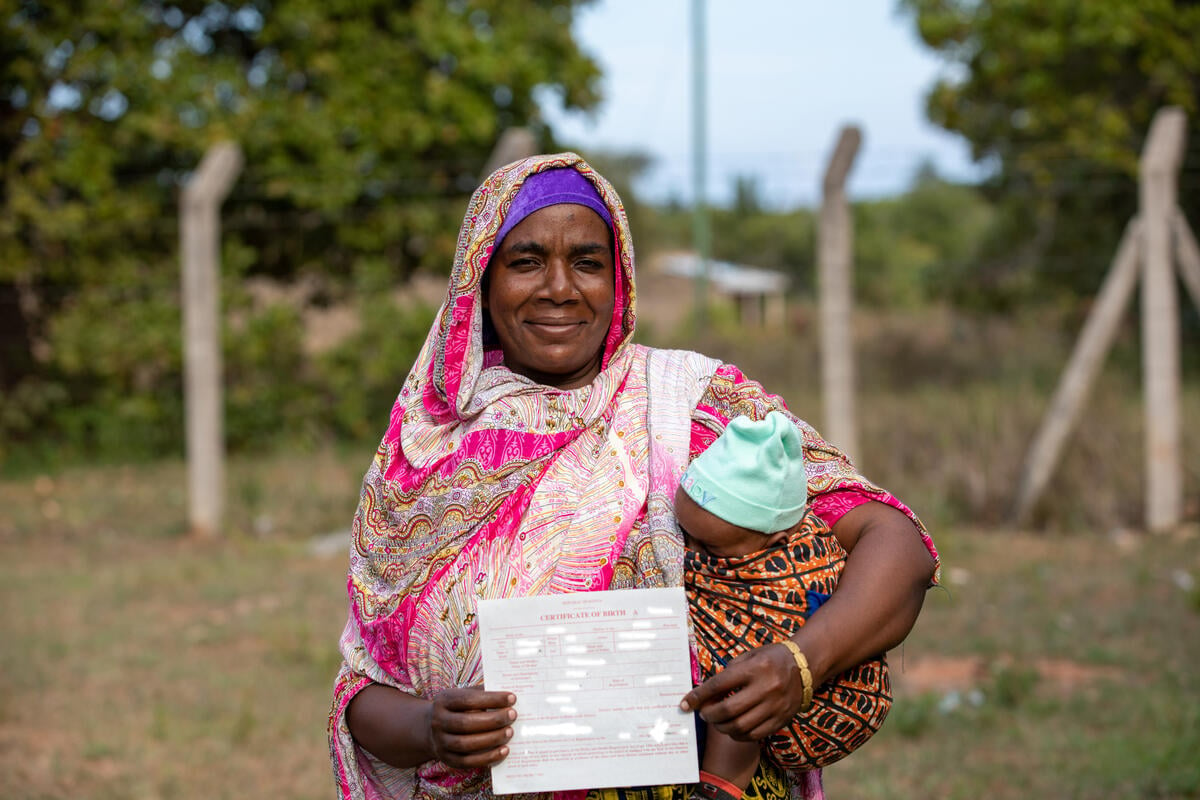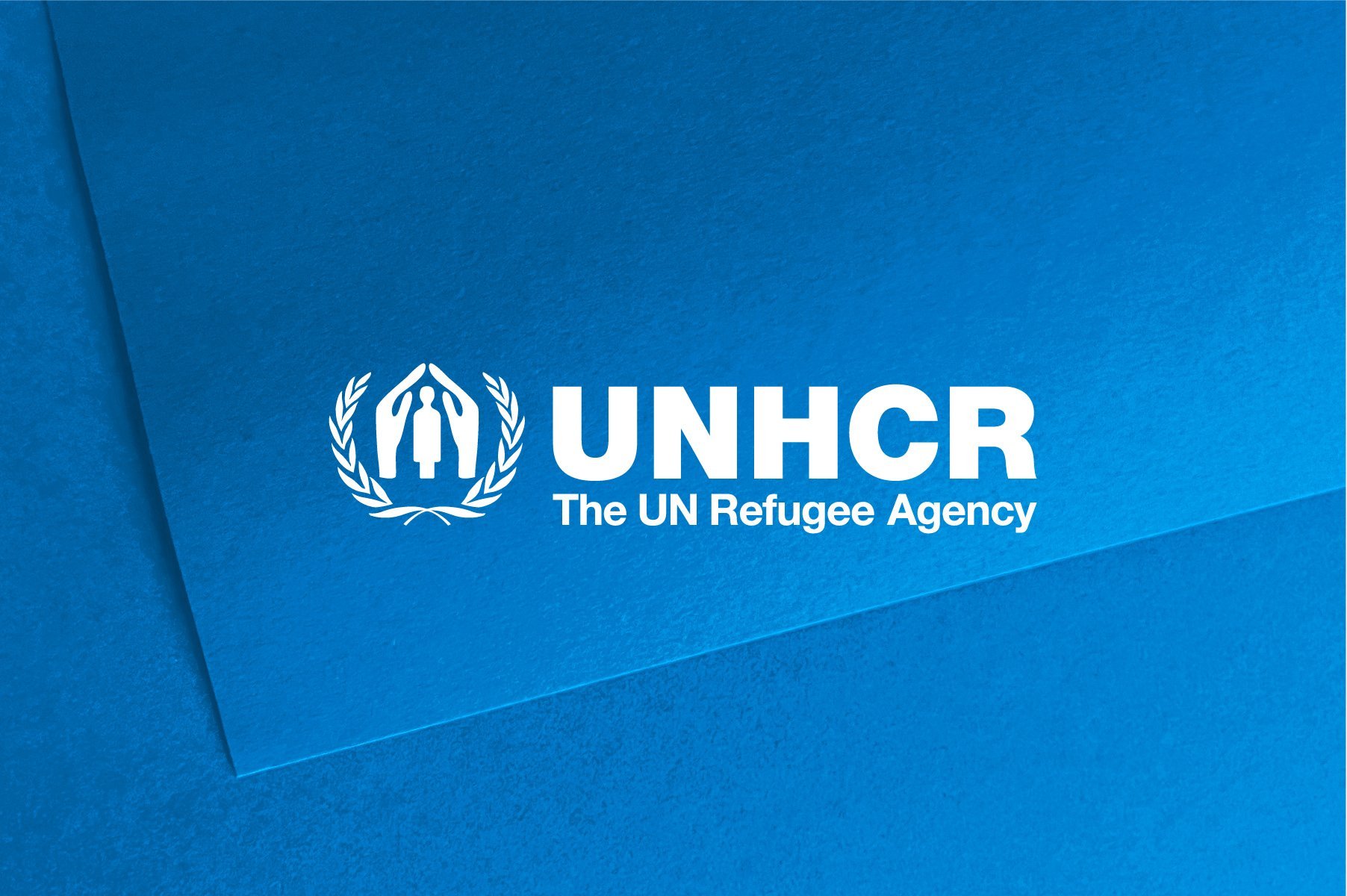Kosovo Crisis Update
Kosovo Crisis Update
Albania
On Sunday 25 April, just 13 refugees walked across the border at Morini, the lowest daily arrival figure since 26 March, when the mass influx started. On Saturday 24 April, just 87 refugees crossed at Morini in small groups, some on foot and some in vehicles, telling different stories of their journey.
The new arrivals, some of whom showed signs of beatings, said that large numbers of displaced people are presently staying in Prizren. UNHCR has prepared water, ready-to-eat food and blankets near the Morini border post in the event of a new large influx.
Several refugees who came from Prizren told of a three-story building in the town where the ground floor was being used as ammunition storage, the next floor as living quarters for the military and the top floor housing young Albanians, who they described as "hostages." This report cannot be independently confirmed. Many of the men who had arrived in one group on Friday waited anxiously all day at the border for news of their wives and children, who did not arrive.
Over the weekend, another 1,400 Kosovar refugees arrived via Montenegro, through the Hani i Hotit crossing point.
UNHCR's information campaign to persuade refugees staying in Kukes to move south continues. Discussions are ongoing with the government about a secure parking area for tractors. Arranging storage for refugees' tractors and wagons may be a key to persuading many to move on.
The UNICEF-led immunization campaign for measles and polio is proceeding. By Sunday, 6,000 children in the Kukes area had received measles vaccination and 2,000 polio vaccine.
Around 80 to 100 metric tons of food are being distributed daily in the Kukes and Krume areas through the Albanian Red Cross and half a dozen NGO partners (ADRA, CRS, ACF, Concern and Goal).
FYR of Macedonia
There were over 4,000 new arrivals on the weekend, all at the Blace border crossing.
On Saturday 24 April an estimated 2,500 new arrivals from Kosovo crossed via the Blace border. Around 1,500 came by train, from Kosovo Polje and Lipljan. They had travelled via Urosevac, where they said a lot of people are still waiting at the station for departure. Some of the train passengers volunteered chilling accounts of alleged atrocities in villages near Lipljan, including massacres, rapes and other abuses. The remaining refugees arrived on five buses and in private cars. Most had to leave their cars on the Kosovo side of the border, because they did not have the necessary paperwork to bring them into Macedonia. The new arrivals were placed in the Stenkovec and Bojane camps, while some remained in the Blace transit camp.
On Sunday morning another train arrived at Blace carrying around 1,800 people.
There were no reports of crossings at Lojane during the weekend. A few of the refugees who had fled earlier in the week to the mountain village of Malina Male continued to trickle into the village of Lipkova, near Lojane. They were being taken in by local families. Around 100 people remained in the mosque in Lipkova by Saturday evening. Additional relief supplies were delivered on the weekend and a Médecins du Monde team reached the area late Saturday.
Work is progressing on the first 8.3 hectare phase of the new camp at Cegrane, south of Tetovo. Approximately 650 tents are planned to be on site and are being erected as quickly as possible. The German agency "Technisches Hilfswerk" (THW) is working with the Ministry of Urban Planning on the camp infrastructure. The water system is almost finished and work on sanitation system should be done by mid-week.
Overcrowding is still a serious problem in the camps, where only about 10 square metres per person is available - about one-third of UNHCR's normal standard.
Republic of Montenegro
New arrivals have fallen to fewer than 100 per day. Tension remains high in Rozaje among both the displaced persons and local Muslim population. It appears that large numbers of Kosovars are also leaving Plav municipality because of increased military presence in the area. The situation in Ulcinj is unchanged; UNHCR and the authorities are working together on facilitating transfers of Kosovars from Rozaje to Ulcinj.
Two truckloads of food aid have arrived from the Czech Republic and will be distributed on Monday and additional NGO programmes are being developed. An Italian NGO also arrived for a familiarization visit, and received a detailed briefing from UNHCR. Save the Children (USA) has agreed to work on family tracing in the Plav area.
Departures from Montenegro to Albania continue, with around 1,400 Kosovars having passed the crossing point at Hani i Hotit over the weekend.
UNHCR is strengthening its team in Montenegro, with additional staff travelling to the area on Tuesday.
UNHCR-IOM Humanitarian Evacuation Programme
During the weekend, more than 1,500 refugees left the FYR of Macedonia for evacuation to other countries. On Saturday 24 April, 717 refugees departed to Austria, France, the Netherlands and Turkey. On Sunday, a further 798 refugees travelled to France, the Netherlands, Spain, Turkey and the United Kingdom.
On Monday, more than 1,000 refugees are due to leave for seven different destinations. UNHCR is urging receiving governments to take steps to increase the number of evacuations. New arrivals still outpace departures, and there is extreme pressure on camp capacity. Tempers and tensions in the camps are reported to be on the rise.


